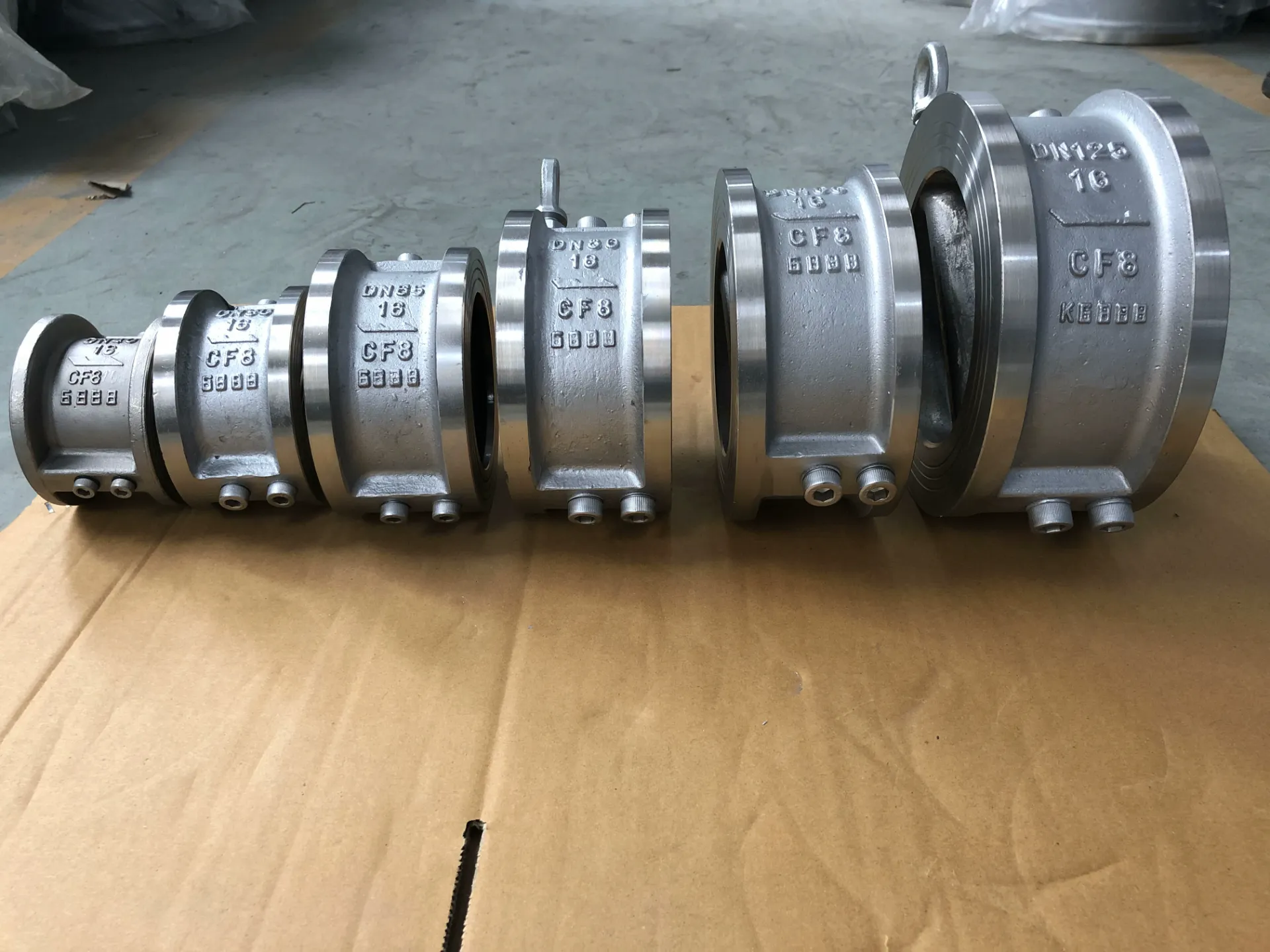Ball Valves: The Ultimate Solution for Fluid Control
When it comes to efficient and reliable fluid control, the ivalve yebhola stands out as one of the most versatile and widely used options in various industries. With a simple yet effective design, ball valves for sale are a top choice for managing the flow of liquids and gases in systems where precision, durability, and ease of operation are essential. In this article, we will explore the differences between ivalve yebhola and butterfly valve performance, how to select the right material for corrosive environments, and how advancements in intelligent sensors are enabling remote monitoring of ball valves.

Ball Valve vs. Butterfly Valve: Performance and Application
Both ivalve yebhola and butterfly valve are essential in fluid control, but they differ significantly in performance, application, and structure. A ivalve yebhola uses a spherical disc with a hole through the center to control the flow of fluid. When the valve is in the open position, the hole aligns with the flow path, allowing unrestricted flow. When rotated 90 degrees, the ball closes the flow completely. This makes ball valves ideal for applications requiring full shutoff and where on-off control is critical.
On the other hand, a butterfly valve operates using a disc mounted on a rotating shaft. Unlike the ivalve yebhola, a butterfly valve does not completely block the flow when closed but creates a throttling effect. Butterfly valves are typically used in applications where space is limited, and the priority is flow regulation rather than complete shutoff.
For applications requiring high-pressure management, leak-tight sealing, and reliability in shutting off the flow, ball valves for sale are a superior choice. Butterfly valves, while more cost-effective, are often more suitable for large-diameter pipes and low-pressure systems.
Ivalve yeBhola:Selecting the Right Material for Corrosive Fluids
When working with highly corrosive fluids, choosing the right material for a ivalve yebhola is crucial to ensuring long-term durability and safe operation. Different industries—such as chemical processing, oil and gas, and wastewater management—deal with fluids that can rapidly degrade certain metals. Ball valves supplier options include materials such as stainless steel, brass, and various plastic composites, each offering unique benefits depending on the application.
Stainless steel ball valves: Known for their excellent corrosion resistance, stainless steel valves are perfect for environments exposed to acidic or alkaline fluids. They are often used in chemical plants, oil refineries, and water treatment systems.
Brass ball valves: While more affordable than stainless steel, brass is suitable for applications involving non-corrosive fluids such as water and air. However, it is not recommended for highly acidic or saltwater environments, where corrosion could become an issue.
Plastic ball valves: For applications involving extremely corrosive fluids, plastic materials like PVC, CPVC, or PTFE are ideal. They are lightweight, non-corrosive, and cost-effective, making them a viable alternative for low-pressure and low-temperature systems.
Ball valves supplier often provide a range of materials and coatings to cater to specific environmental needs. By selecting the right material, you can extend the lifespan of your ivalve yebhola and ensure it remains functional even in challenging conditions.
Ivalve yeBhola:Achieving Remote Monitoring with Intelligent Sensors
The advancement of intelligent technology is transforming the way industries monitor and maintain their fluid control systems. Modern ivalve yebhola systems are now equipped with intelligent sensors that provide real-time data on valve position, flow rate, temperature, and pressure. This remote monitoring capability allows for more efficient operation and maintenance.
By integrating sensors into ball valves for sale, operators can detect potential failures before they occur, ensuring that any issue is resolved quickly and preventing costly downtime. These sensors can be connected to control systems that allow for automated operation, improving the overall efficiency of the process. Additionally, they provide crucial data for predictive maintenance, helping to identify wear and tear on the valve and allowing for proactive repairs or replacements.
Intelligent sensors enable remote control of ivalve yebhola systems from a central control room or even through mobile applications. This technology is especially beneficial in industries where valves are located in hard-to-reach areas or dangerous environments, such as offshore oil platforms or chemical plants. By allowing operators to monitor and control valves remotely, safety is significantly enhanced, and manual intervention is minimized.
The Advantages of Ball Valves in Modern Applications
The ivalve yebhola is a critical component in many industrial systems, offering superior flow control, reliability, and ease of operation. Compared to butterfly valves, ball valves for sale are the go-to solution for systems that require complete shutoff and high-pressure management. By selecting the appropriate material for corrosive environments, industries can extend the longevity and efficiency of their ivalve yebhola systems.
Incorporating intelligent sensors into ivalve yebhola designs enables operators to achieve real-time monitoring, improving system performance, reducing maintenance costs, and enhancing safety. With these advancements, the future of fluid control is becoming more automated and reliable, ensuring that ball valves remain a staple in industries across the globe.
Whether you’re looking for cost-effective solutions, high-performance materials, or cutting-edge technology, finding the right ball valves supplier can ensure you get the perfect product to meet your specific needs.
-
The Key to Fluid Control: Exploring the Advantages of Ball Valves in Industrial SystemsIindabaJul.09,2025
-
The Versatile World of 1, 2, and 3 Piece Ball ValvesIindabaJul.09,2025
-
Stainless Steel Ball Valves: The Ideal Choice for Efficient Flow ControlIindabaJul.09,2025
-
Optimizing Fluid Control with Ball Float ValvesIindabaJul.09,2025
-
Manual Gate Valves: Essential for Control and EfficiencyIindabaJul.09,2025
-
Everything You Need to Know About Butterfly ValvesIindabaJul.09,2025
-
The Versatility of Wafer Type Butterfly ValvesIindabaJul.08,2025




